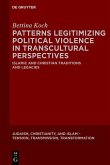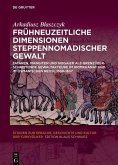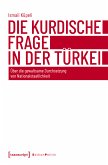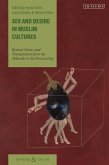The concept of jihad holds a prominent place in Islamic thought and history. Beyond its spiritual meanings, the term has historically been associated with the sweeping Arab-Believers conquests of the 7-8th century BCE. But given advances in our understanding of the historicity and chronology of the Qur'an and early Islamic texts, is it correct to identify jihad and Islam with violent conquest?
In this book, Marco Demichelis explores the history of the concept of jihad in the early proto-Islamic centuries (7-8th). Deploying an interdisciplinary approach which combines the hermeneutical study of the famous 'Verses of the Sword' within the Qur'an itself, with historical writing by Islamic chroniclers as well as non-Islamic sources, numismatics, epigraphical and architectural evidence, the book questions the relationship between the religious concept of jihad and the conquests. The book argues that Christian Byzantine Foederati forices who previously fought against the Persians may have had a formative effect on the later emergence of more bellicose rhetoric. In so doing, it calls into question assumptions about warlike attitudes inherent within Islamic doctrine, and reveals a more nuanced and complicated history of religious violence in the pre, proto and early Islamic period.
In this book, Marco Demichelis explores the history of the concept of jihad in the early proto-Islamic centuries (7-8th). Deploying an interdisciplinary approach which combines the hermeneutical study of the famous 'Verses of the Sword' within the Qur'an itself, with historical writing by Islamic chroniclers as well as non-Islamic sources, numismatics, epigraphical and architectural evidence, the book questions the relationship between the religious concept of jihad and the conquests. The book argues that Christian Byzantine Foederati forices who previously fought against the Persians may have had a formative effect on the later emergence of more bellicose rhetoric. In so doing, it calls into question assumptions about warlike attitudes inherent within Islamic doctrine, and reveals a more nuanced and complicated history of religious violence in the pre, proto and early Islamic period.









